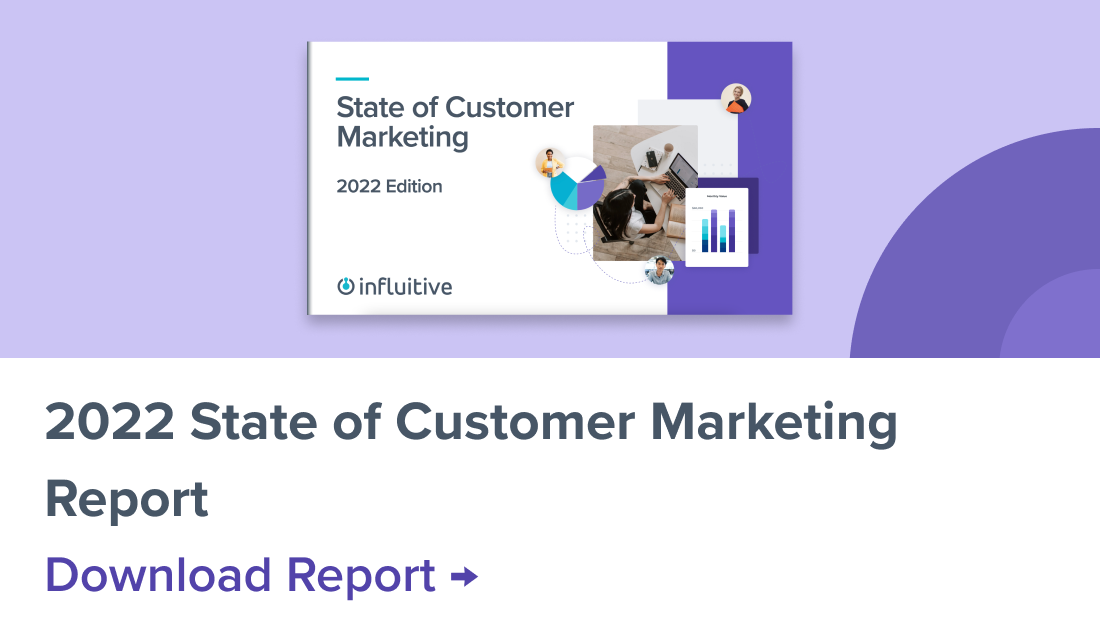 For a sales rep, nothing beats the feeling of receiving a signed agreement from a brand new client. Unfortunately, a lot of sales reps disappear faster than Houdini once that step is complete. Often, before the Customer Success team even starts the onboarding process, the sales rep has moved on to the next opportunity.
For a sales rep, nothing beats the feeling of receiving a signed agreement from a brand new client. Unfortunately, a lot of sales reps disappear faster than Houdini once that step is complete. Often, before the Customer Success team even starts the onboarding process, the sales rep has moved on to the next opportunity.
The worst part? The next time the customer will hear from their rep again is when they resurface months later to ask for a reference call.
The thing is, nobody likes the friend who only calls when they need something. If sales reps think that their work is over after the deal closes, they could be missing out on building an incredibly valuable relationship.
Why does building advocacy post-sale matter?
Research from the CEB found that 53% of customer loyalty in B2B is driven by the sales experience. This means the sales experience, and the rep, is the single biggest reason that a customer makes a decision—and sticks with it. If we cut these relationships off post-sale, reps give up the chance to help turn the customer into life-long advocate. Not only are advocates loyal, but they also tend to refer their peers to your brand.
A continued relationship can also position you as someone to turn to if things start to go wrong. Sales reps can ask for honest feedback early on, and alert their customer success team if there are signs that a change in strategy is required to keep the customer happy.
Lastly, advocates can help the sales rep close more business in the future. We know that buyers trust the opinions of customers far more than salespeople, and advocates can provide a glowing introduction to a new contact, or speak to a potential customer on your behalf. They’ll also contribute to your surround selling efforts by generating positive word of mouth for your brand. These things won’t happen if the relationship has been neglected post-sale.
How reps can build better advocate relationships
The truth is, it’s remarkably easy to maintain your role as a trusted advisor, and by no means should it take away from your ‘selling’ time. Here are three simple tips to keep in mind:
1. Show that you care. All it takes is some genuine curiosity about the experience that your customer is having. Check-in with them to see how things are going. Congratulate them if you hear they’ve had great results. Make yourself available if you hear about a concern. Whatever it is, just show that you haven’t forgotten about them and are genuinely invested in their success.
2. Continue to nurture. Sales reps—particularly those who are skilled social sellers—often put time into finding relevant content that will be valuable to their prospects. This doesn’t need to stop post-sale. If you find an article you think they will like, let them know. If you’re having a customer event, encourage them to participate. Staying top of mind is always key to sustained advocacy.
3. Work together with CS. Though a rep should maintain the relationship, it isn’t realistic (or ideal) to sit in on every call that a customer has with CS. However, by keeping open communication with the Customer Success team, reps can get an understanding of how a customer is progressing, and when it might be a good time to offer a helping hand.
If your sales team is accepting contracts and then heading for the hills, they are missing a huge opportunity to have an impact on their customer’s success, as well as their own. If you keep your position as a trusted advisor to your customers, you’ll both reap the rewards.












































